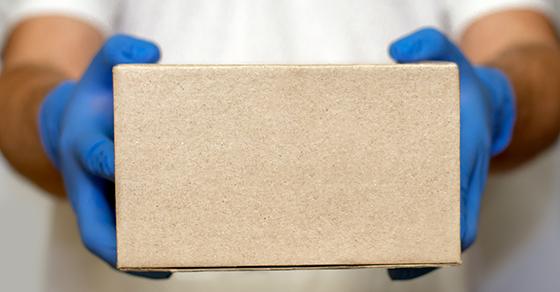Here’s how to handle gifts in kind and donated services

As unemployment and financial insecurity become widespread during the novel coronavirus (COVID-19) crisis, many not-for-profit donors find themselves unable to provide monetary support to favorite charities. Instead, your organization may receive offers of gifts in kind (GIK) or donated services. Although you likely welcome these gifts, you may be unsure about how to record and value them. Here’s a brief summary.
Gifts take many forms
GIKs generally are pieces of tangible property or property rights. They can take many forms, including: free or discounted use of facilities; free advertising; collections, such as artwork to display; and property, such as office furniture or medical supplies.
To record GIKs, determine whether the item can be used to carry out your mission or sold to fund operations. In other words, does it have a value to your nonprofit? If so, it should be recorded as a donation and a related receivable once it’s unconditionally pledged to your organization.
To value the gift, assess its fair value — or what your organization would pay to buy it from an unrelated third party. In many cases, it’s easy to assign a fair value to property. But when the gift is a collection or something that doesn’t otherwise have a readily determinable market value, its fair value is more difficult to assign. For smaller gifts, you may need to rely on a good faith estimate from the donor. But if the value is more than $5,000, the donor must obtain an independent appraisal for tax purposes.
Ask questions about donations
To determine the fair value of a donated service, ask whether it meets one of the following two criteria:
First, does the service create a nonfinancial asset (in other words, a tangible asset) or enhance a nonfinancial asset that already exists? Such services are capitalized at fair value on the date of the donation.
Second, does the service require specialized skills, is it provided by someone with those skills and would the service have been purchased if it hadn’t been donated? Such services are accounted for by recording contribution income for its fair value. You also must record it as a related expense, in the same amount, for the professional service provided.
There’s more
These are just the basics. For more information about handling GIKs and donated services, contact us. Also ask us about tax breaks, government assistance and other COVID-19-related aid for nonprofits.
© 2020





